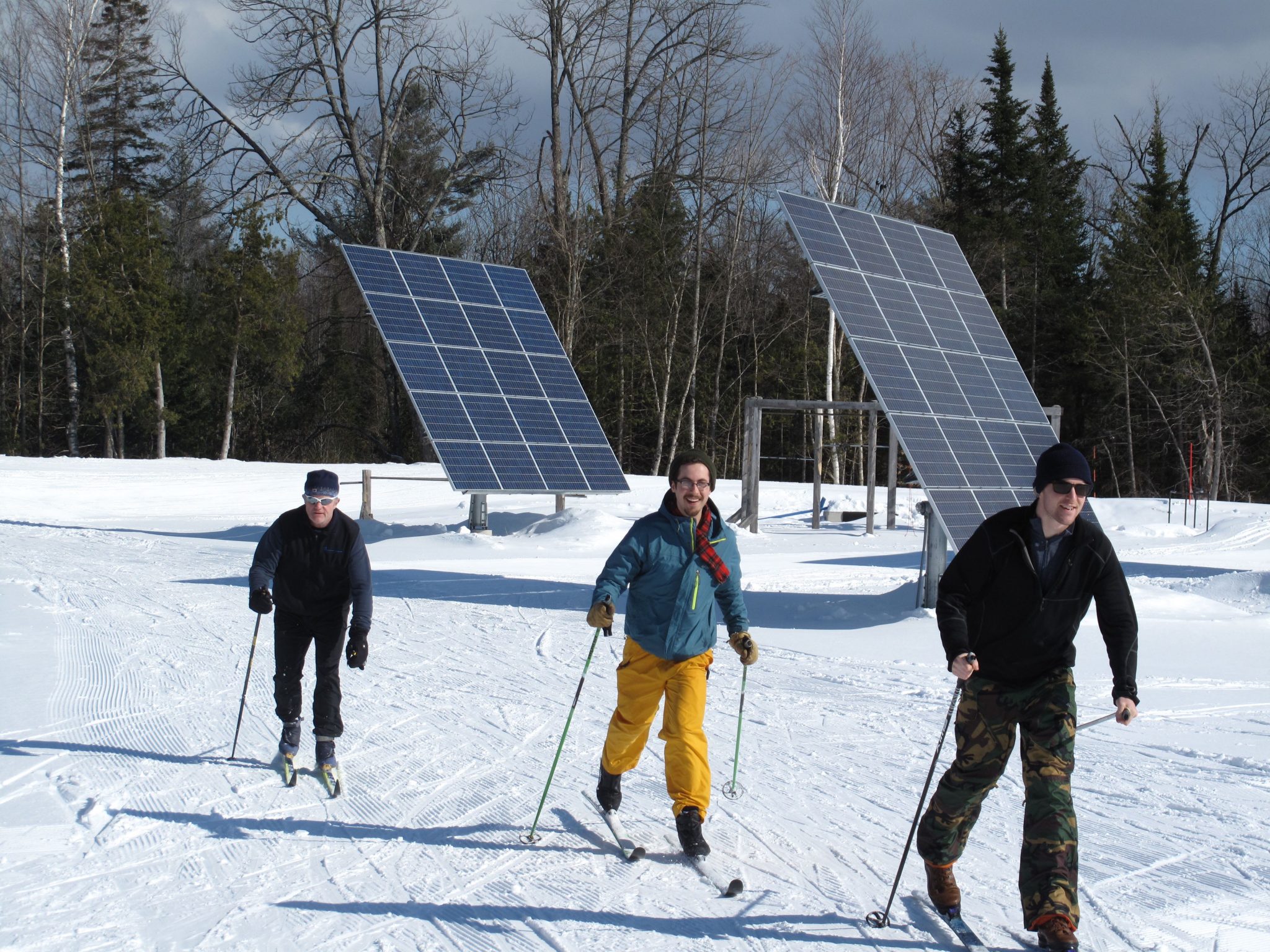If you haven’t already shared your perspectives with the Governor’s Climate Action Commission, you still can, and we want to make sure you know: your story and recommendations are valuable and important.
Background: The Vermont Climate Action Commission was created by Governor Scott this July, and it was charged to develop at least three recommendations by January 1st, 2018, for solutions that the Governor could pursue action on; and to outline a plan by July 2018 to meet Vermont’s clean energy and greenhouse gas reduction goals from the Comprehensive Energy Plan. The Commission includes VNRC’s own Johanna Miller (see the full list here).
We’d like to encourage you to send a short letter to the Vermont Climate Action Commission, describing who you are, the successes you’ve had in your work, and the kinds of policies you want the Commission and the State of Vermont to pursue. You can email it to anr.vcac@vermont.gov.
Below are some ideas for climate action policies that you may reiterate or take inspiration from:
What Are Some Climate Policies and Solutions Vermont Should Pursue?
Vermonters spend almost $2 billion dollars a year to heat our homes and get people and products where they need to go. In fact, $8 out of every $10 dollars we use to buy heating fuels or gasoline goes out of our state, out of Vermonters’ pockets and into the hands of fossil fuel giants like Exxon and Shell. We can keep far more of those dollars in Vermont and put people to work by helping all Vermonters make their homes and businesses more efficient, powered by renewable energy like solar, heated and cooled with cold climate heat pumps, and far more.
A just transition off of fossil fuels – where everyone benefits – can create a thriving, 21st century economy and ensure Vermont does all it can to stem the consequences of a warming world. We must advance and implement solutions that match the magnitude of the challenge we face.
Ask your legislators, the Governor and the Vermont Climate Action Commission to:
- Put a price on carbon pollution– the most effective, powerful way to reduce fossil fuel consumption and reduce taxes on other things that Vermonters value, like income, property or sales. A well-crafted carbon pollution tax – one that protects and supports low and middle income earners in particular – could reap significant environmental and economic benefits for Vermont.
- Make smart investments with the $18.7 million Environmental Mitigation Trust funds that the state will receive as part of the Volkswagen diesel emission settlement. The state should invest in the most impactful greenhouse gas and public health-benefitting strategies possible – not “clean” diesel. Investments could include solutions such as electrifying bus fleets and more.
- Maintain and strengthen – as opposed to rolling back – the progress we’ve made in recent years on policies that support a smart, strategic and inclusive transition to clean energy. Recent policies to support include: The 2015 Renewable Portfolio Standard and its cost- and climate pollution-cutting “Tier 3” energy transformation requirement as well as the Comprehensive Energy Planning underway via Act 174, where municipalities and regions are helping outline how they want to see the 90% renewable energy by 2050 goal implemented in their communities.
- Prioritize building a clean energy workforce, including training and recruitment and incentive programs to build this growing and essential sector of Vermont’s economy.




